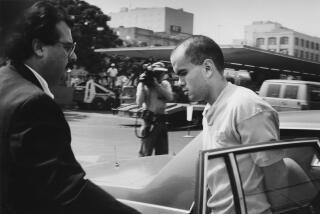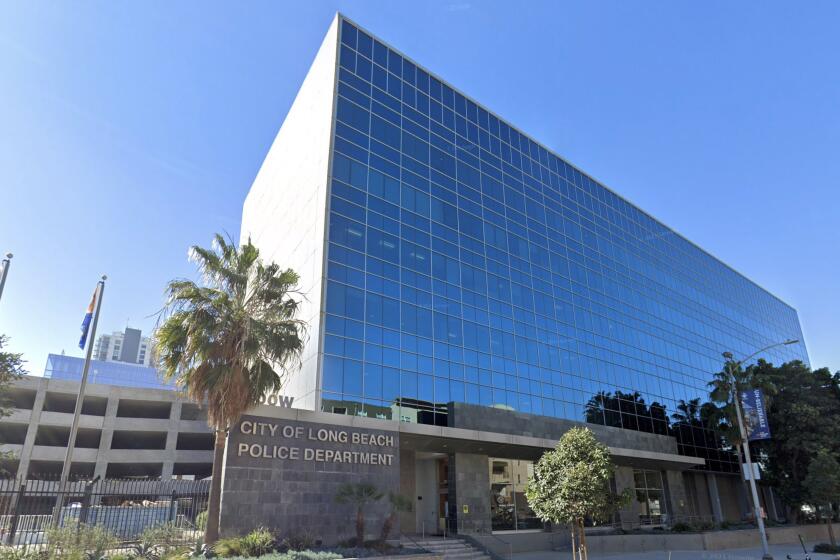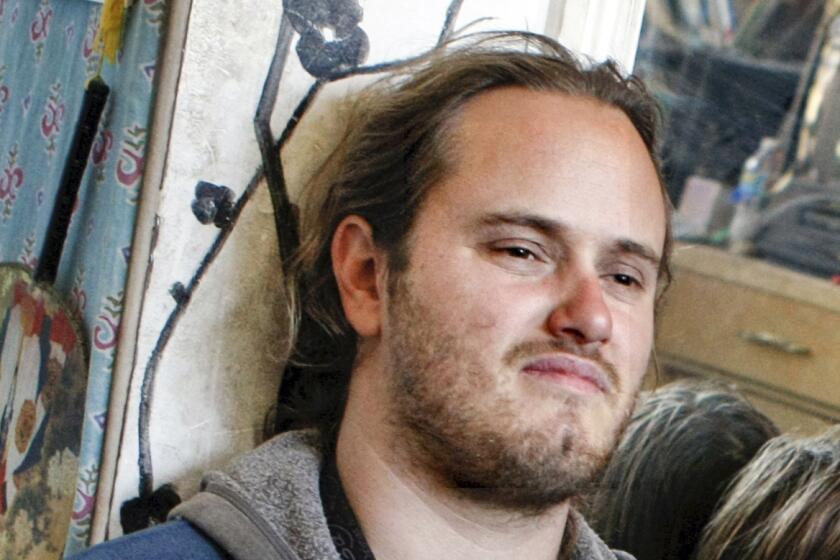Many Unconvinced on Need for Injunction
Social worker Luann Rocha has spent more than a decade teaching poor children in Oxnard’s gritty Colonia neighborhood.
As co-founder of the youth learning center El Centrito de la Colonia, Rocha has seen at-risk youngsters avoid gang life by embracing the joys of education.
Instead of pursuing an anti-gang injunction, as Oxnard police are doing against the Colonia Chiques, Rocha suggests the costs of that effort would be better spent on computer labs.
“It’s not the right method,” Rocha said. “Instead, you should look to education and not punish the community for a few bad apples.”
As law enforcement officials seek to broaden their power to crack down on gang members, Rocha and others are speaking out against that strategy. Under the injunction, gang members could be arrested on misdemeanor charges for socializing together or wearing Dallas Cowboys attire within the boundaries of a 6.6-mile “safety zone.”
Denis O’Leary, a member of the Oxnard Elementary School District board, worries the injunction is vague and potentially discriminatory. So far, police have named only 36 of the hundreds of Chiques who could be affected. “I support the Police Department,” O’Leary said, “but the way this injunction reads, they could arbitrarily decide that a student fits the profile of a gang member and cite them for violating the injunction just for being at recess.”
More than a dozen elementary and high schools are within the proposed safety zone, which would cover about half the populated area of the city.
But Police Chief Art Lopez said officers would be legally required to serve a gang member with a copy of the injunction before any citations could be issued or arrests made. In addition, he said any violations of the injunction would have to occur in a public area within the safety zone.
As an example, Lopez said, “A young woman came up me [at a recent event] ... and said, ‘You’re stigmatizing me and my community.’ She said, ‘My son is 8 years old and he will walk down the street with his Dallas Cowboys shirt on and you’ll arrest him.’ I said, ‘Is your son a Colonia Chiques?’ And she said no. I said, ‘Then we can’t arrest him.’ ”
Resident Gloria Mendoza isn’t convinced. For 21 years she has lived in the heart of Colonia, where she raised seven children.
She has never been a crime victim, she said, but since hearing of the proposed gang injunction, she is concerned about how police might treat her children who visit with friends on the family’s front lawn.
“I know they aren’t bad kids, but if the police pass by and see them together, they could have the power to take them away,” Mendoza said. “With this [injunction], the police will have the power to stop all of the children dressed a certain way. That’s not right; we live in a free country.”
Attorney David Cole, a Georgetown University law professor and board member for the New York-based Center for Constitutional Rights, said opponents of the injunction have valid concerns, particularly because two-thirds of the city’s 186,000 residents are Latino.
“It sounds extremely broad,” Cole said, “and without more specificity [in the injunction] toward the particular gang, it raises serious concerns about arbitrary enforcement because you’re subjecting a large portion of the community to the whims of law enforcement, whether you’re a gang member or not.”
More to Read
Start your day right
Sign up for Essential California for news, features and recommendations from the L.A. Times and beyond in your inbox six days a week.
You may occasionally receive promotional content from the Los Angeles Times.






